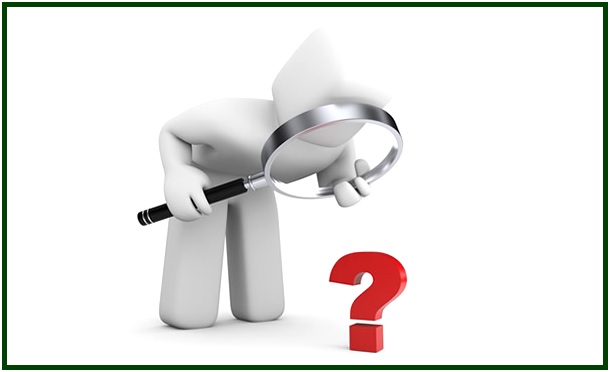
Uncertainties Can Paralyze Us,
Or They Can Make Us Look for Truth
Or They Can Make Us Look for Truth
Carlos Cardoso Aveline

Some theosophical authors have questioned the process of psychological doubt, for it can lead to a sad lack of firmness.
The doubting process is sometimes the symptom of a weakness, and especially so when it is not combined to a willingness to learn more and to search for truth.
If one has a dogmatic mind, however, doubt may be a positive factor.
The Christian fanatic doubts his own dogmas, and gets curious about Theosophy. The reader of Annie Besant gets tired of her emotional and falsely clairvoyant platitudes, and finally buys “The Secret Doctrine”, by H. P. Blavatsky. The materialistic-minded citizen doubts that money is really above all in life, and wants something more in terms of his own existence. The experienced (or neophyte) theosophist tirelessly researches and studies, in order to check and verify the many questions and doubts constantly peopling his mind.
In all these instances and situations, doubt helps one’s mind move into the direction of truth. An open mind does not fear doubt; it moves beyond it by looking for knowledge.
The opposite and the antidote to doubts which cause harm is not “conviction”. It is not an emotional “certainty”: it is first-hand, living knowledge.
The theosophical movement has no unquestionable doctrine. It is essentially Socratic in its method of research and teaching. It is totally open to questions. It welcomes every honest uncertainty and sincere doubt. Only those doubts which are an emotional excuse for blind skepticism – and for mental laziness – do cause actual harm.
The reason why self-defeating doubts are not welcome to theosophy lies in the fact that they do not lead to searching for truth, but make one fall into despondency and paralysis, instead.
Such despondent “doubts” are in most cases no real doubts. They express the re-emergence from one’s own “unconscious” of the old and blindly materialistic or dogmatic framework of mind, which comes hand in hand with attachment to mere routine, and which tries to induce us to close our minds to any active search for truth. This sort of false doubt works as a “thought-extinguisher”, to use an expression coined by H.P. Blavatsky.
The theosophical movement is no church. It is no sect, and it has no unquestionable dogma. Its truths and tenets must be questioned, verified, and felt in everyone’s own heart.
The movement is not a federation of would-be owners of universal truth, for truth has no owners. Theosophical associations gather together truth-seekers and friends of the truth who can share in part the substance of truth, but will never act as if they possessed it.
000
In September 2016, after a careful analysis of the state of the esoteric movement worldwide, a group of students decided to form the Independent Lodge of Theosophists, whose priorities include the building of a better future in the different dimensions of life.
000